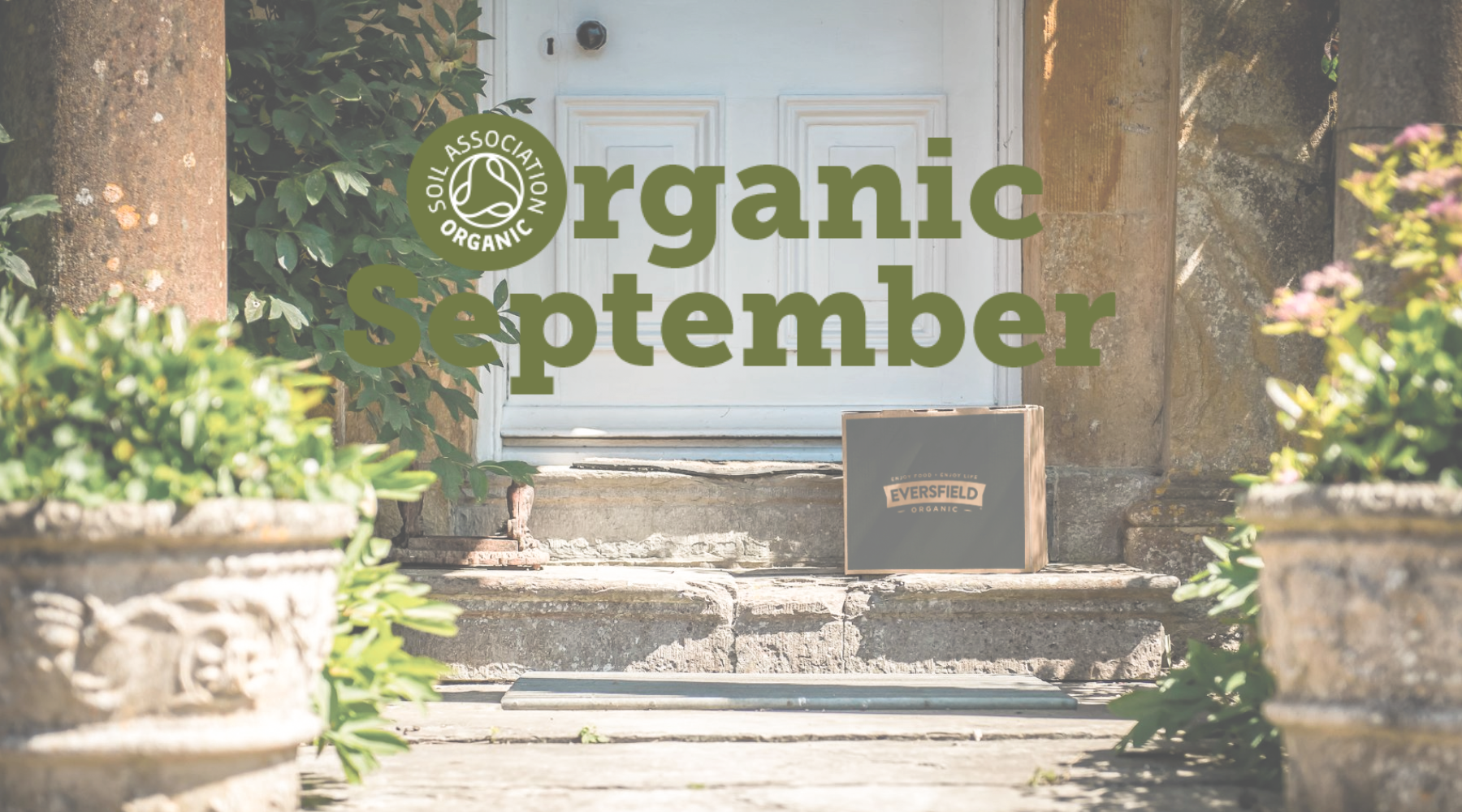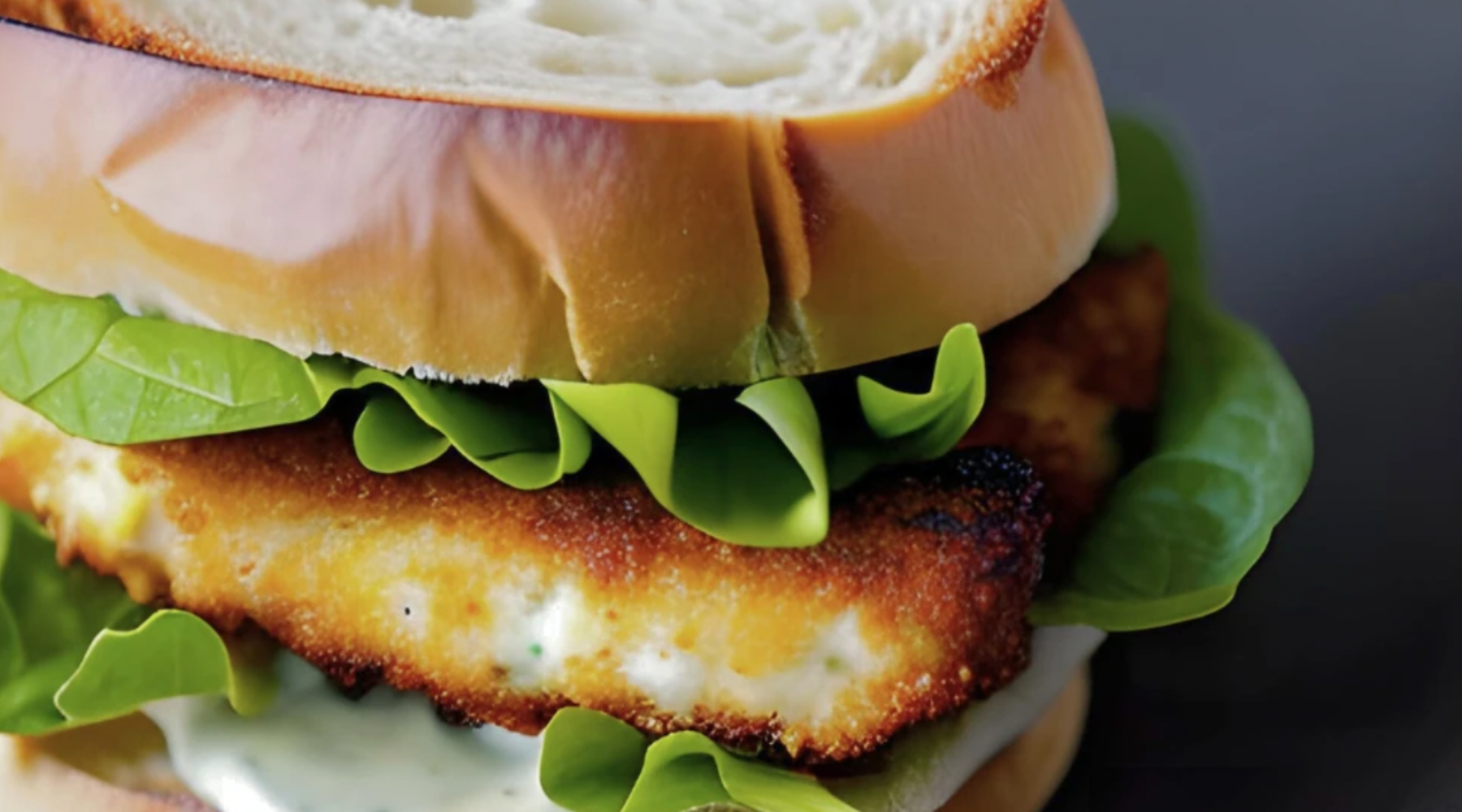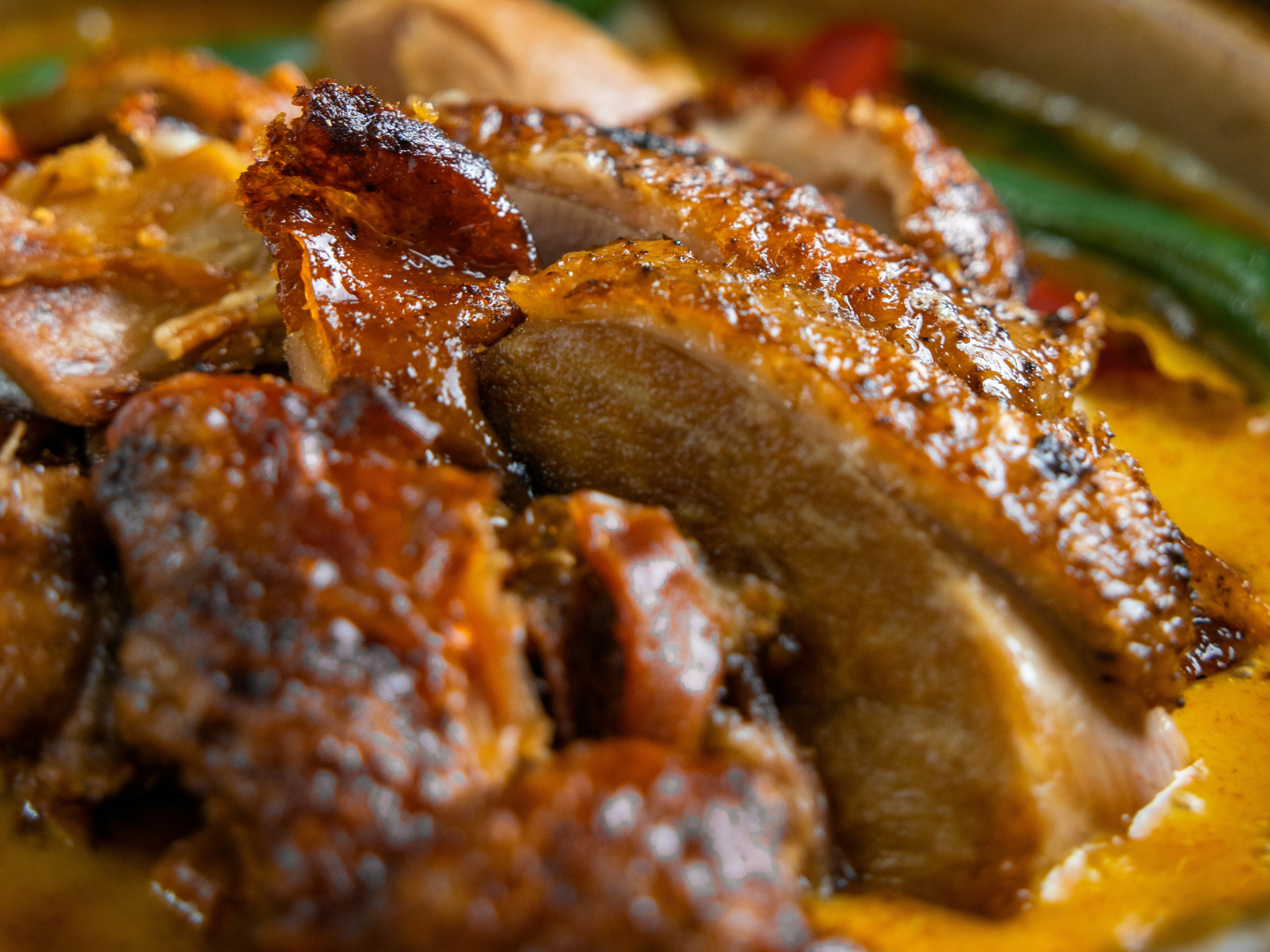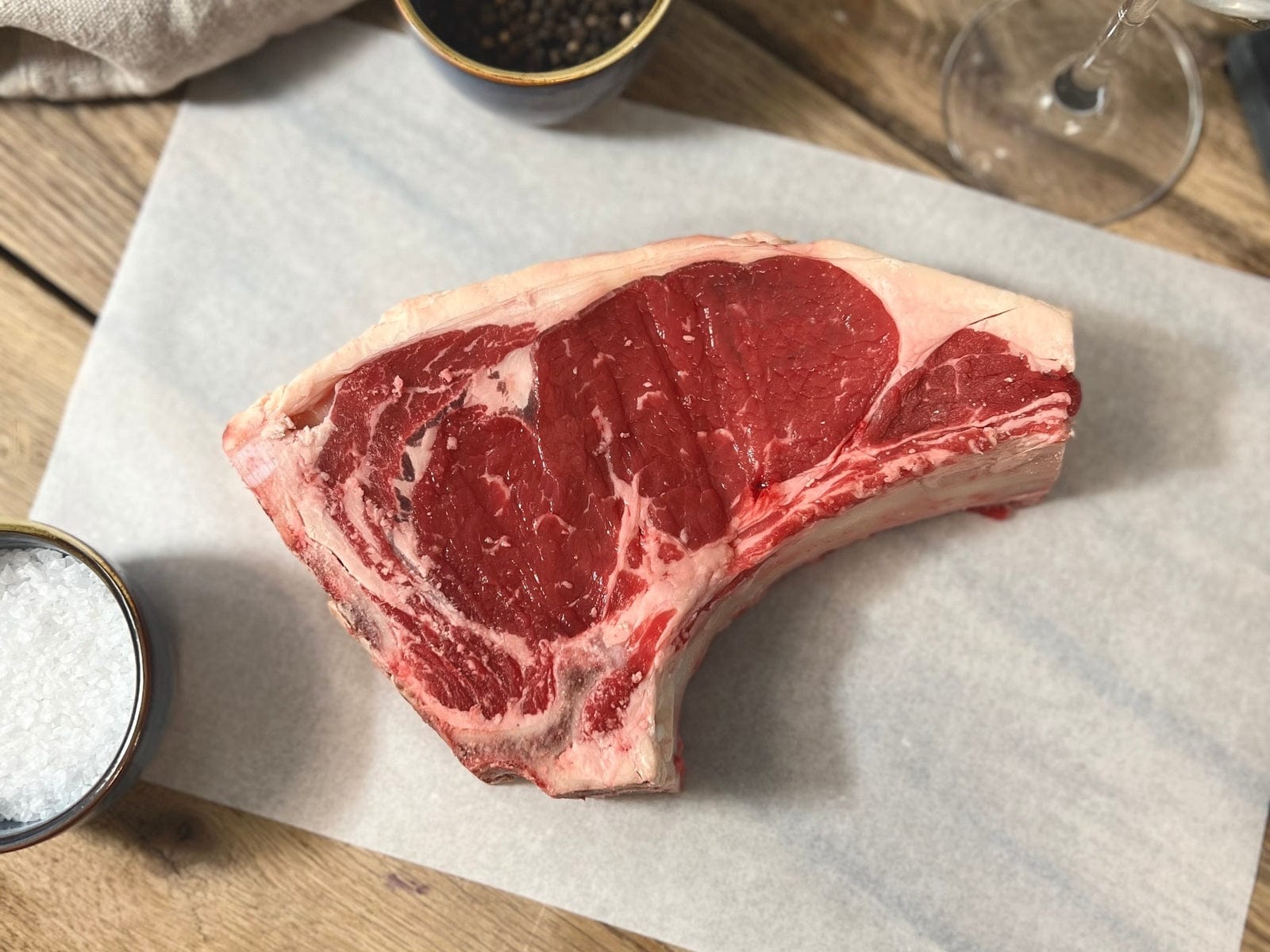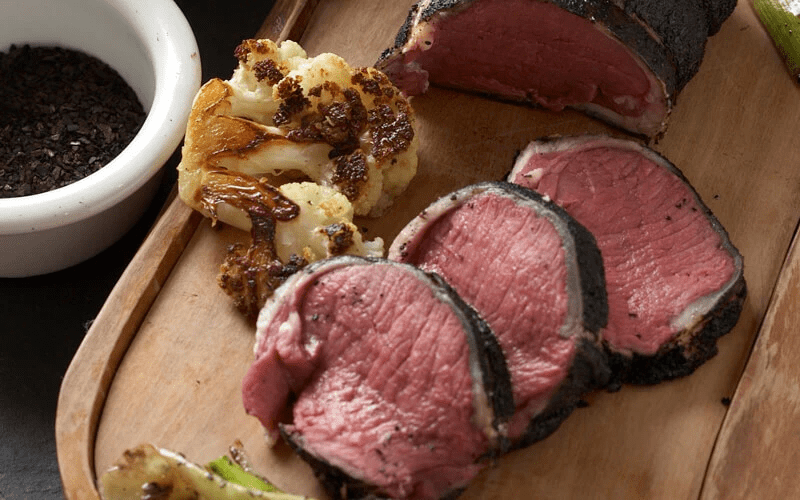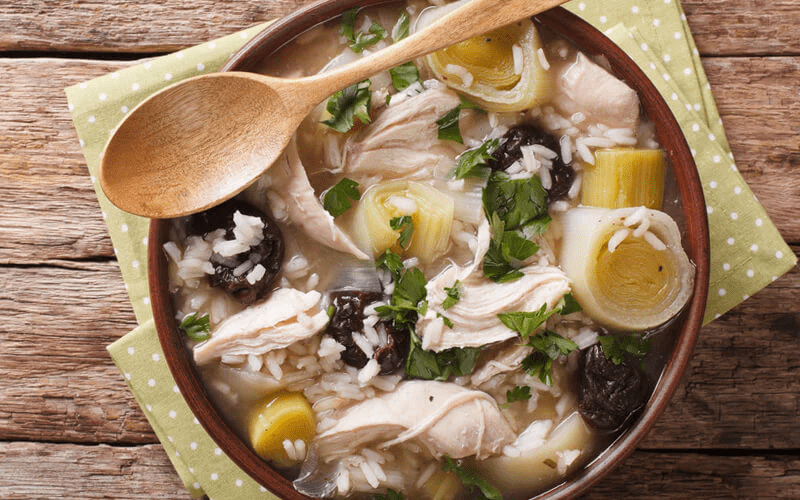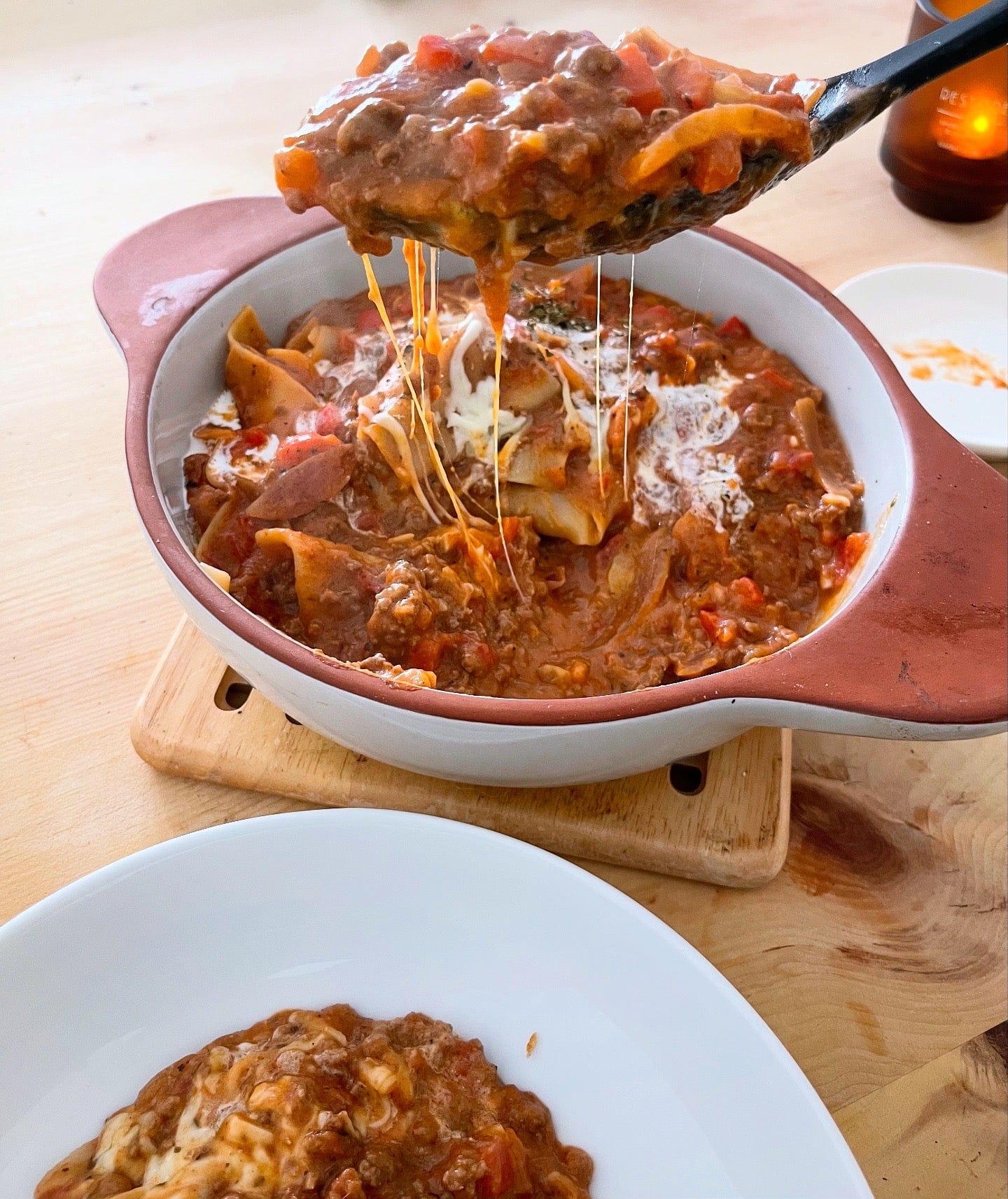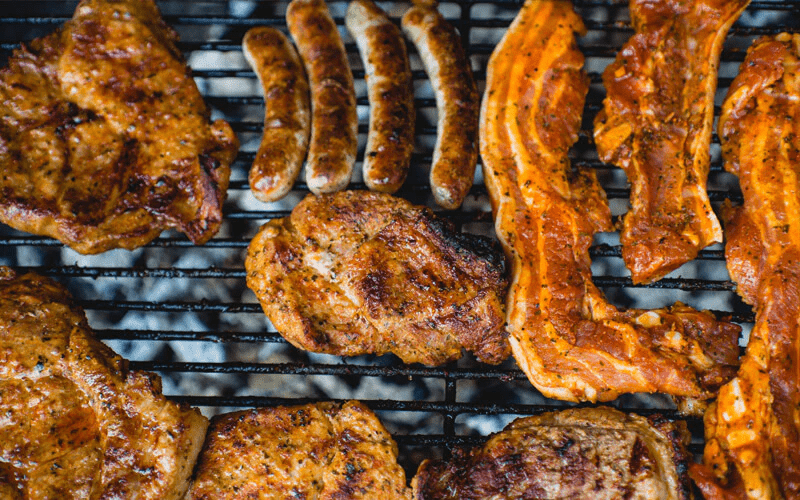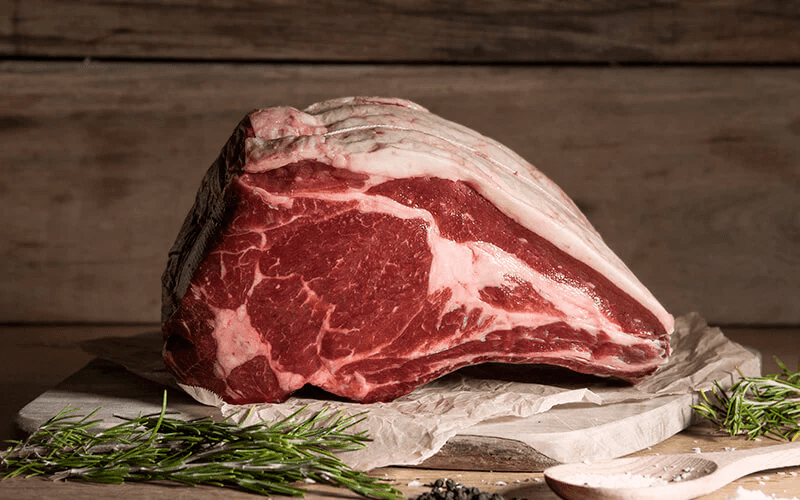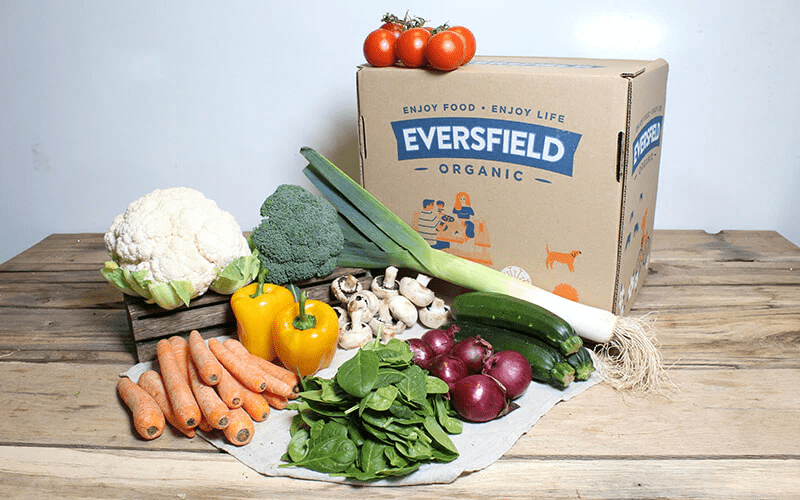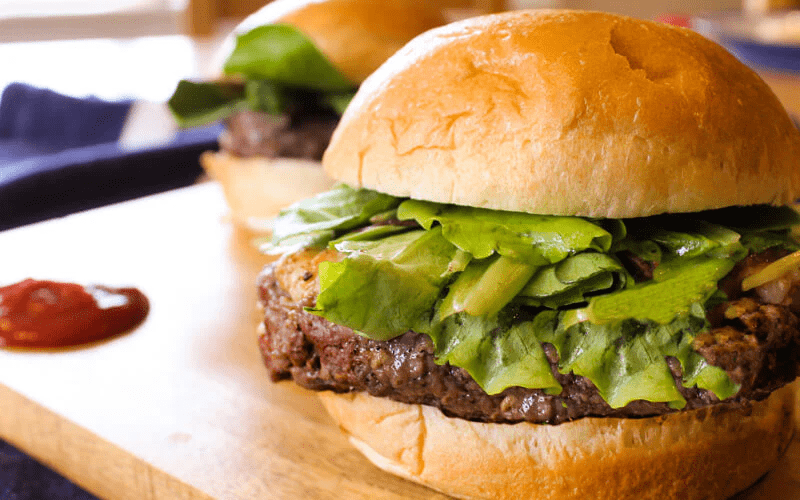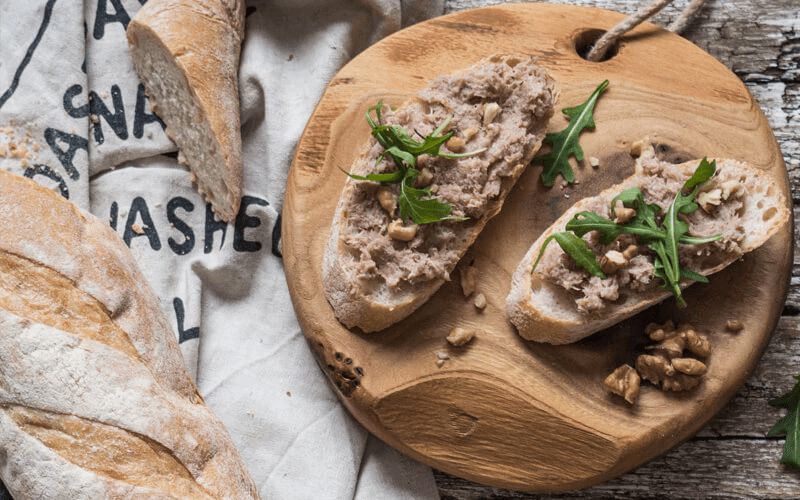Continuing our Eating For Health series with a Mediterranean inspired diet.
Keep that post-holiday glow all year round.
You’re just back from your summer holidays, washing the sand out of your swimwear and waiting for your nose to stop peeling. The sunshine may have faded as you stepped back on the tarmac at Heathrow, but that feeling of wellbeing doesn’t have to.
How can you capture that post-holiday glow all year round?
The answer might be in what you eat.

What's on your plate?
The Mediterranean Diet, inspired by the traditional eating habits of countries bordering the Mediterranean Sea, is a way of life. Known for its heart-healthy benefits, this diet is rich in fresh vegetables, fruits, whole grains, nuts, seeds, and healthy fats. It focuses on unprocessed, wholesome foods that nourish your body from the inside out.Eat A Rainbow: Fresh, colourful produce is a staple in Mediterranean cuisine. Imagine the Saturday market in a small Spanish town with stalls laden with vibrant tomatoes, crisp cucumbers, sweet peppers, and leafy greens. These are packed with vitamins, minerals, and antioxidants, which are essential for skin health and overall well-being.
Healthy Fats: All diets require fats, but here the fats are sourced healthily from olive oil, nuts, seeds, and avocados. Olive oil is a staple of Mediterranean cooking, providing monounsaturated fats that support heart health and help keep skin looking bouncy. Look for extra virgin olive oils from a single estate - the oil should be full flavoured with a rich, fruity smell.
Whole Grains: Ever wondered how French people can consume so many delicious breads and pastries yet remain stubbornly slim? Typically traditional Mediterranean baking uses heritage grains and minimally-processed flour, which retain more nutrients and have a lower glycemic index than the highly refined flours that make up our supermarket breads.
Plenty Of Fish: Naturally for a diet that spans the Mediterranean Sea, this approach to eating includes plenty of fish like salmon, sardines, and mackerel which are rich in omega-3 fatty acids, which have been shown to support heart health and reduce inflammation.
Low Salt: The smell of certain herbs and spices immediately transport you to a Greek taverna. Fragrant oregano, basil, garlic, paprika and rosemary add flavour to dishes without having to rely on salt, and they also come with their own set of health benefits, including anti-inflammatory properties.
Goats Milk: In Mediterranean cooking, you’ll find that cow's milk and cheese is less of a staple than in the UK. Instead, you’ll find goat and sheep's milk used for traditional cheeses like feta, ricotta, Manchego and Halloumi. Goat and sheep's milk contain lower levels of the A1 casein protein found in cow's milk, which makes them easier to digest and causes less inflammation in the body.

Get the glow
Whilst your tan will fade, by continuing to eat as though you were still in the shade of an olive grove, the Mediterranean Diet is packed with health benefits that can help you maintain that holiday glow all year long.
Numerous studies have shown that the Mediterranean Diet is linked to a reduced risk of heart disease. The diet’s focus on healthy fats, fibre, and lean proteins helps to lower bad cholesterol levels and reduce the risk of heart attacks and strokes.
Because the Mediterranean Diet is rich in fibre and healthy fats, it can help you feel fuller longer, which may reduce the tendency to overeat and assist in weight management.
The antioxidants found in fruits and vegetables, combined with healthy fats from olive oil and fish, can help protect your skin from sun damage and keep it looking smooth and supple.
Chronic inflammation is at the root of many diseases, including arthritis and some types of cancer. The Mediterranean Diet is rich in anti-inflammatory foods, such as leafy greens, nuts, and fatty fish, which can help reduce inflammation throughout the body.
The diet’s emphasis on whole foods and healthy fats has been linked to improved mental health. Omega-3 fatty acids, in particular, are known for their mood-boosting properties.

Easy wins
You don’t have to overhaul your entire eating habits overnight to start reaping the rewards of this holiday inspired diet. Start by making small changes to your meals:
- Swap out butter for olive oil when cooking or drizzling over salads.
- Include at least two servings of fish per week.
- Snack on nuts, seeds, and fresh fruit instead of processed snacks.
- Replace refined grains like white bread and pasta with whole grains such as quinoa, brown rice, or whole wheat pasta.
- Reduce your salt intake by substituting with a squeeze of lemon, a crushed clove of garlic or a sprinkling of herbs.
Some recipes to inspire you:
We've curated some of our favourite Greek, Spanish and Italian inspired recipes from our Recipe Hub.
Lemon and Thyme Lamb Cutlets Juicy, tender lamb cutlets infused with the fresh flavours of lemon and thyme.
Spanish Beans With Tomatoes A meat-free supper flavoured with smoky paprika.
Chicken Caesar Salad The classic salad for those who don’t typically like salad!
Turkey Tabbouleh Whole grains and lean turkey make for a satisfying, protein-packed meal.
Salpicon de Marisco Mussels and prawns in a gorgeously garlicky dressing.
BBQ Aubergines With Feta Serve alongside a seared beef steak or slow-cooked brisket.
Grilled Sardines With Salsa Verde Mediterranean simplicity on a plate.
Halloumi Salad Salty halloumi, sweet tomatoes, and dense sourdough combine for a summery salad.


